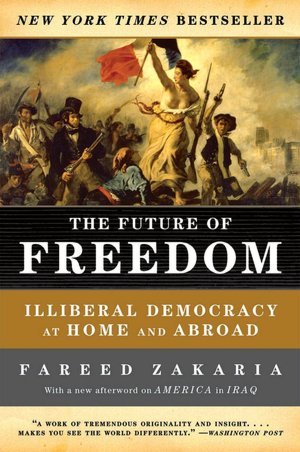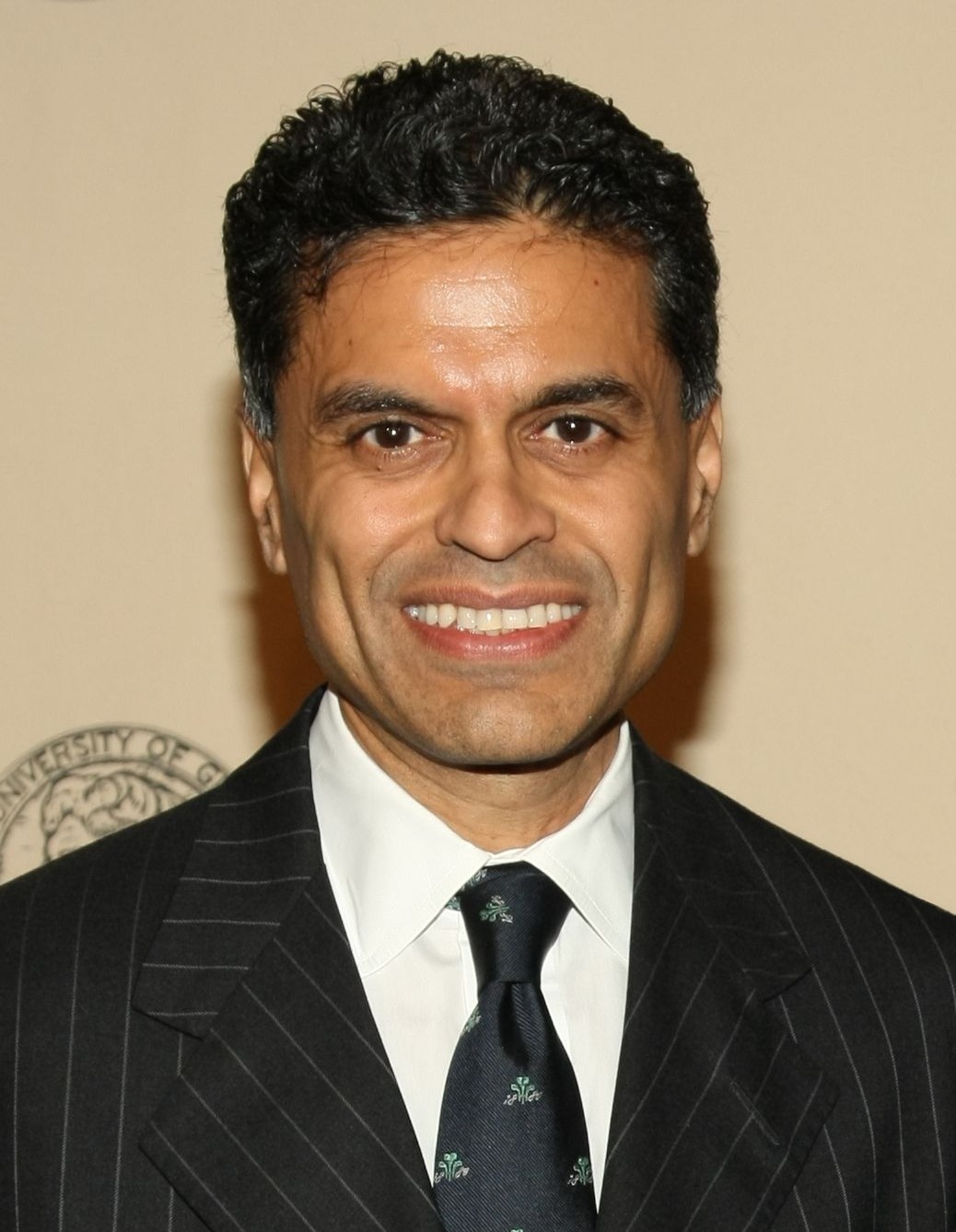The Future of Freedom Summary

4 min read ⌚
 Illiberal Democracy at Home and Abroad
Illiberal Democracy at Home and Abroad
For centuries people have experienced different forms of slavery. None of them can even compare with lacking freedom of speech and movement.
Here, we summarize some key findings that we think you would find interesting.
Who Should Read “The Future of Freedom? And Why?
Since “democracy“ is one of the most powerful and most popular terms in politics in the last 100 years, it literally means „a rule of people“. In general, this book is highly recommended to all people. Man, women, East, West, students, Muslims, Christians, wealthy, poor, middle class – it’s all in there.
This classic is especially helpful in learning the meaning of the significant terms, such as democracy, liberalism, the illiberal democracy, constitutional liberalism and outlines the boundaries between them.
The story is spread in many countries in many different periods with lots of intriguing people and facts.
About Fareed Zakaria
 Fareed Zakaria is an Indian American author and journalist. He is editor of American weekly magazine Newsweek International, Time and he writes columns for the Washington Post. He is the author of The Future of Freedom: Illiberal Democracy at Home and Abroad, The Post-American World, From Wealth to Power and other books.
Fareed Zakaria is an Indian American author and journalist. He is editor of American weekly magazine Newsweek International, Time and he writes columns for the Washington Post. He is the author of The Future of Freedom: Illiberal Democracy at Home and Abroad, The Post-American World, From Wealth to Power and other books.
“The Future of Freedom Summary”
The high reputation and rate of this book, among the other things, emerges from the fact that involves problems which trouble the society for a long period. It offers possible solutions to these issues, regardless the state governance. Besides, it’s written in style easily understandable manner for people with minimal interest in political, economic, cultural questions to grasp the point and call into question many imposed theories about liberalism and democracy.
„The rule of the people“ the most popular definition of democracy is often confused with the liberalism, but there is a clear distinction between them. Fareed Zakaria explains the difference in a way that anyone can understand, but, yet, he periodically addresses the public on a higher level, demonstrating his expertise.
You might be wondering:
What is the difference between these intertwined concepts and are they separable? The author locates them separately in historical contexts, starting from Rome and the rise of the Christian Church after 324 A.D. – the origin of liberalism. The foundation Magna Carta according to Zakaria and many other people is the first attempt at establishing and promoting individual liberties.
The author embarks on a journey in different periods and countries, such as England, Germany, France and emphasizes America’s rising influence with the collapse of European Communist and Socialist governments.
One of the greatest points in the book is the explanation how wealth can be useful for middle class and businesses to get rid of state influence and political conditions. Wealth serves as a tool for enforcing new principles in state regulation in order to answer people’s demands.
Things are not as simple as one may assume. On the other hand, facts indicate an entirely different picture: illiberal democracy showcases a country ruled by a dictator. The author underlines the Soviet Union and China as the perfect examples of oppressed civil rights, political prosecutions, court ideology, and the media control.
This is where things get a bit tense. The journey continues in the Islamic civilization where the facts reveal a lesser freedom of movement and speech in Arabic society over the last 40 years. The expected modernization never took place in oil-rich countries, such as Egypt. The democratization of violence appears as a negative and terrifying trend nowadays.
The recommendation of this book is mentioned above, and it includes both economic and political reforms, which confront the tendency of “constitutional liberalism“.
Want to know the best part?
This book is actually trying to create an essential balance between liberty and democracy, developing a model of constitutional liberalism and avoiding the harmful effects of democratization. Theoretically, the perfect recipe for “The Future of Freedom” is built on stable foundations which stimulate free-economy, no political oppression, and freedom of speech.
Key Lessons from “The Future of Freedom”
1. Economic development and liberty
2. When things go wrong
3. Insufficiently Islamic
Economic development and liberty
These two processes are deeply connected – bad economy is the biggest threat to freedom. It also works in the opposite direction; nation’s wealth beats the odds and offers higher independence by forcing the government to satisfy people’s demands.
The book is enriched with all sorts of examples which clarify the previously mentioned claim. Take China for example, where 170 000 million of people moved out from poverty in two decades alone.
When things go wrong
Generally speaking, “illiberal democracy“ occurs with all of its negative effects widely spread in every layer of society. Centralization of the power, intimidation of people who don’t agree with the state, enforcing media restrictions, putting courts under pressure – are only a few facts which enable you to see the big picture of “illiberal democracy“.
On another side, Islamic fundamentalists rejected the model of Western democracy in order of promoting Islamic theocracy.
Insufficiently Islamic
Modernization that was so expected in Arab nations never really took place. Besides, these oil-rich countries are too much oil-dependent, a policy that carries a certain risk. The author gives a few recommendations to Arab leaders such as an implementation of economic and political reforms, creating an ambient for the middle class, increasing media freedom, and participation in World Trade Organization.
Like this summary? We’d Like to invite you to download our free 12 min app, for more amazing summaries and audiobooks.
“The Future of Freedom” Quotes
The twentieth century was marked by two broad trends: the regulation of capitalism and the deregulation of democracy. Both experiments overreached. Share on X What we need in politics today is not more democracy but less. Share on X In thirty years Iraq to has gone from being among the most modern and secular of Arab countries -with women working, artists thriving, journalists writing- into a squalid playpen for a megalomaniac. Share on X liberty came to the West centuries before democracy. Liberty led to democracy and not the other way around. Share on X Democracy is also a single ideology, and, like all such templates, it has its limits. what works in a legislature might not work in a corporation. Share on XOur Critical Review
The book „Future of Freedom: Illiberal Democracy“ is a natural and exciting journey through history, philosophy and current political and economic trends. The author explains many terms related to this topic by presenting real-life examples worldwide. He tries to find the balance between liberty and democracy and apply it in the contemporary society.








